Posted on 8/31/2023
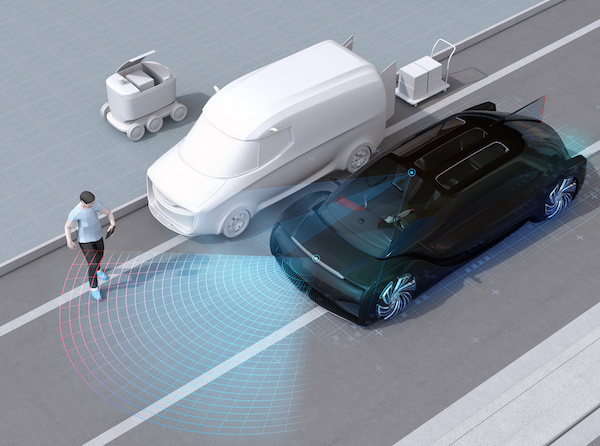
In the ever-evolving landscape of the automotive industry, the pursuit of safety, efficiency, and convenience has led to groundbreaking advancements in technology. Among these innovations, AI-powered/autonomous Driver Assistance Systems (DAS) have emerged as a driving force for both road safety and the eventual realization of fully autonomous vehicles. Below we will dive, we'll explore the latest advancements in that category, their profound impact on road safety, and how they are setting the stage for a future where our cars will drive themselves. The Evolution of Driver Assistance Systems Before we dive into the AI-powered systems of today, let's take a brief look at the evolution of driver assistance technologies. It all began with basic features like cruise control and anti-lock brakes - the first car with cruise control was the 1958 Chrysler Imperial! Then it moved to ADAS (Advanced driver-assistance system). Early iterations of the ADAS included electronic stabil ... read more
Posted on 7/31/2023
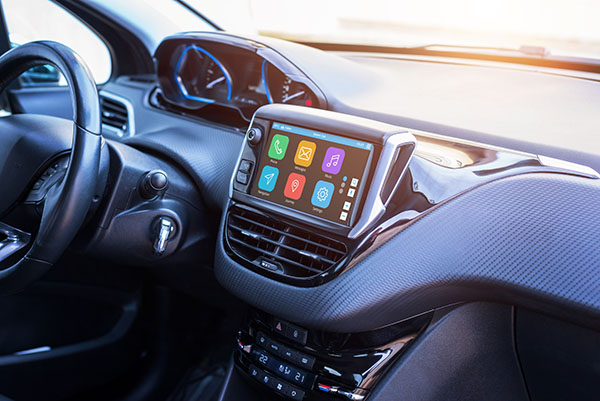
As technology rapidly evolves, so do the features and capabilities of modern vehicles. If you own a little bit of an older Toyota Corolla and want to enjoy the latest in-car entertainment and connectivity options, updating your infotainment system can breathe new life into your driving experience. Let's see how you can do it in a few easy and simple steps! Step 1: Check for Updates The first step is to determine if there are any available updates for your Toyota Corolla's infotainment system. Visit the official Toyota website or the manufacturer's support portal and search for the software update section. Enter your vehicle's model and year (you can easily see it in the owner's manual) to check if there are any updates specifically tailored to your car's infotainment system. Step 2: Prepare a USB Drive If an update is available, you'll need a USB flash drive to download and transfer the software to your vehicle. Make sur ... read more
Posted on 6/29/2023
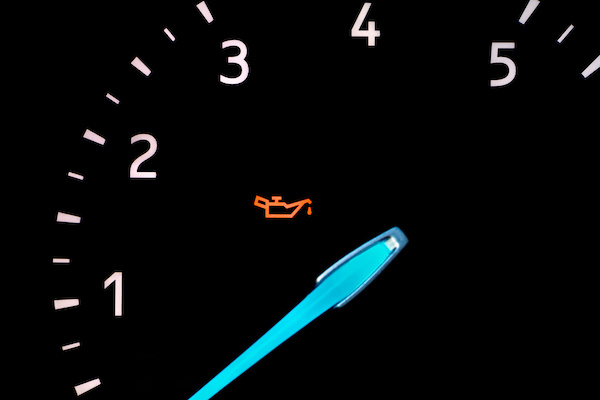
Oil plays a vital role in lubricating and protecting the engine's internal components, ensuring optimal performance and longevity. Two critical aspects of oil health are oil pressure and oil temperature. While they may seem distinct, there is indeed a connection between the two. But before we go into how they are connected, let's first look at what they mean. Understanding Oil Pressure Oil pressure refers to the force with which oil circulates through the engine's lubrication system. It is typically measured in pounds per square inch (psi) or kilopascals (kPa). Oil pressure is created by the oil pump, which pressurizes the oil and sends it through various passages to lubricate and cool the engine components. Understanding Oil Temperature Oil temperature refers to the heat generated by the engine and transmitted to the oil. As the engine runs, friction and combustion generate heat, causing the oil temperature to rise. Oil temperature is typically measured in degrees Fahr ... read more
Posted on 5/30/2023
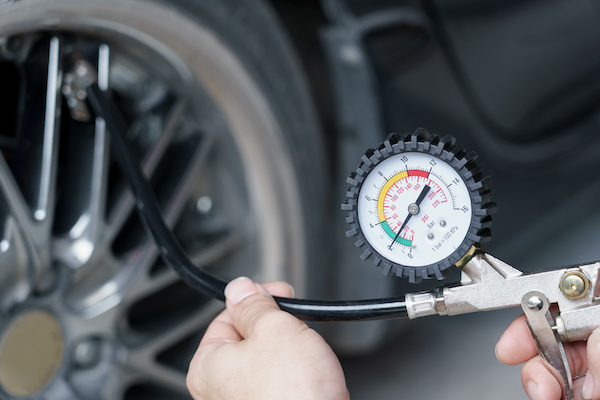
As the temperature increases in the upcoming months, we've been recommending that our customers keep an eye on your tire pressure. Tire pressure is a critical factor in maintaining the safety and performance of your vehicle, and neglecting it can lead to severe consequences. Read on to learn more about why it is essential to inspect tire pressure in hotter months and the potential risks of neglecting it. Maintaining Optimal Performance The manufacturer specifies the optimal tire pressure for your vehicle, and it is vital to maintain this pressure to ensure optimal performance. As the temperature rises, the air inside the tire expands, which can lead to overinflation. Overinflated tires can cause a harsher ride, decreased traction, and uneven tire wear, leading to premature tire failure. Improving Fuel Efficiency Properly inflated tires can also improve fuel efficiency. Overinflated tires create more resistance, increasing the effort required to turn the wheels and reducing fuel ... read more
Posted on 4/27/2023
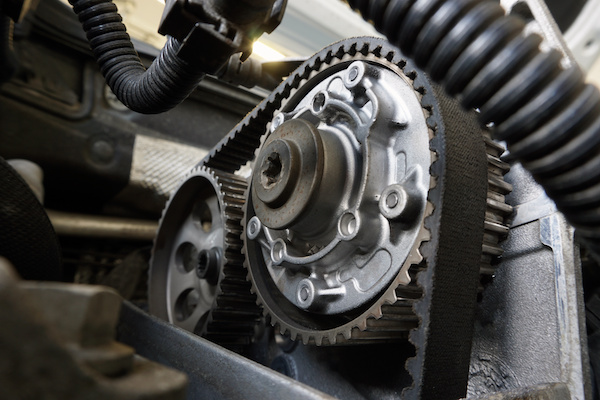
The timing belt in your vehicle plays a crucial role in the operation of the motor engine. It synchronizes the rotation of the crankshaft and camshaft, which permits the engine's valves and pistons to work in sync. Over time, however, the timing belt can become worn and may eventually fail. Here are some indications that suggest you have a failing timing belt. Engine Misfires: A worn or damaged timing belt can cause engine misfires. The timing belt keeps the engine's valves and pistons in sync, so if it becomes worn or damaged, the engine's timing can become disrupted. Engine Won't Start: If the timing belt fails completely, the engine won't start. Since the timing belt is responsible for keeping the engine's valves and pistons in sync, a failing one can cause the motor to lose proper timing and ensue starting problems. Ticking or Clicking Noise: A worn timing belt can cause a ticking or clicking noise in the engine. This noise is caused by the belt slipping ... read more